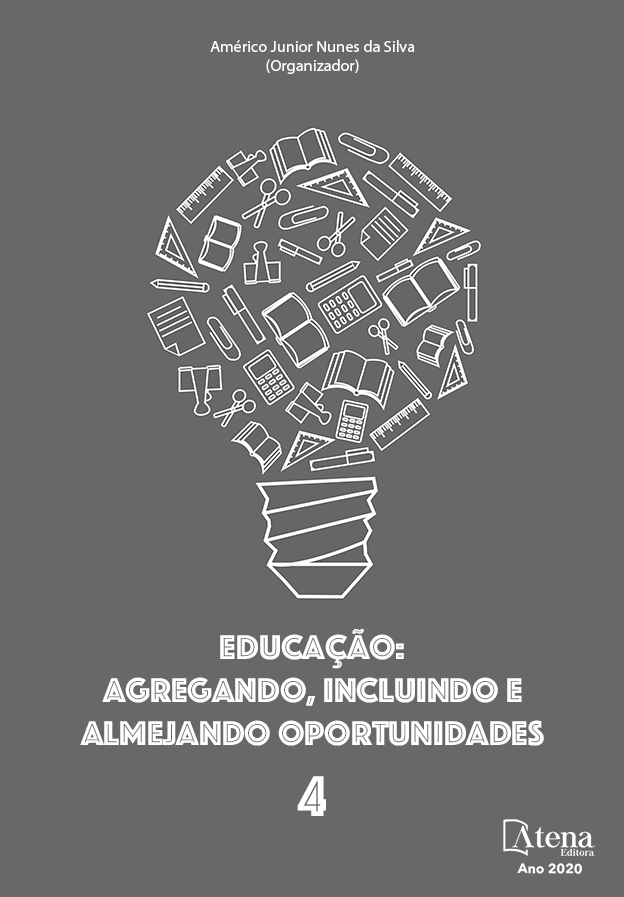
A Organização do Conhecimento e o Estatuto da Pessoa com Deficiência: desafios e perspectivas sobre o tratamento da informação para pessoas surdas.
O presente trabalho reflete sobre os desafios e perspectivas que se colocam para a Organização da Representação do Conhecimento para a consolidação de uma sociedade democrática e inclusiva. A metodologia caracterizou-se como exploratória e descritiva, com delineamento da pesquisa bibliográfica, levantamento e análise sobre o tema. No contexto do objetivo da Sociedade Internacional para a Organização do Conhecimento (ISKO/Brasil), pretende-se levantar questões sobre a organização e representação da informação para pessoas surdas. O estudo aborda os direitos previstos na Lei nº 13.146, de 06 de julho de 2015, que institui o Estatuto da Pessoa com Deficiência e a linguagem de sinais como forma de comunicação e de representação que pode ser disponibilizada e recuperada por diferentes usuários, em diferentes suportes e instituições. Considera-se que os processos e sistemas de Organização do Conhecimento podem promover instituições democraticamente inclusivas, quando rompem as fronteiras rígidas dos cânones e dogmas do conhecimento formalmente estabelecido, diante das necessidades de acesso à informação pela comunidade surda. Espera-se que este estudo contribua para o início de discussão das fronteiras da representação do conhecimento e, principalmente, que se avance da teoria para a prática, na construção de modelos e sistemas de informação aptos a atender todas as pessoas.
A Organização do Conhecimento e o Estatuto da Pessoa com Deficiência: desafios e perspectivas sobre o tratamento da informação para pessoas surdas.
-
DOI: 10.22533/at.ed.15320230913
-
Palavras-chave: Organização do Conhecimento; Tratamento da Informação; Pessoas com Deficiência; Pessoas Surdas; Inclusão.
-
Keywords: Knowledge Organization; Treatment of Information; Disabled people; Deaf people; Inclusion.
-
Abstract:
This paper reflects on the challenges and prospects for the Organization of the Representation of Knowledge for the consolidation of a democratic and inclusive society. The methodology was characterized as exploratory and descriptive, with a delineation of the bibliographic research, survey and analysis on the subject. In the context of the objective of the International Society for Knowledge Organization (ISKO / Brazil), it is intended to raise questions about the organization and representation of information for deaf people. The study deals with the rights prevailing in Law 13,146 of July 6, 2015, which establishes the Statute of the Person with Disabilities and sign language as a form of communication and representation that can be made available and retrieved by different users, in different supports and institutions. It is considered that Knowledge Organization processes and systems can promote democratically inclusive institutions when they break the rigid boundaries of the canons and dogmas of formally established knowledge in the face of the need for access to information by the deaf community. It is hoped that this study will contribute to the beginning of the discussion of the frontiers of knowledge representation and, above all, that it will advance from theory to practice, in the construction of models and information systems capable of serving all people.
-
Número de páginas: 8
- Marivalde Moacir Francelin
- Veronica Ribeiro da Silva Cordovil


